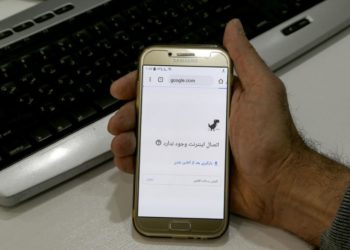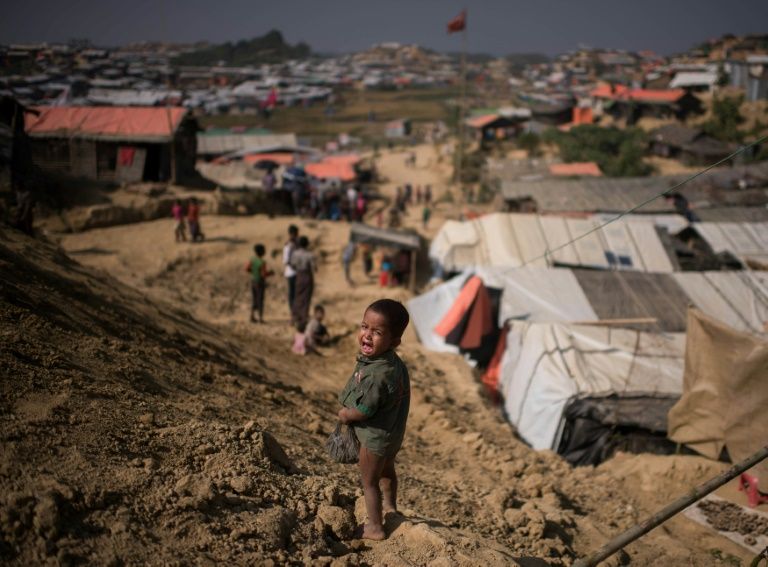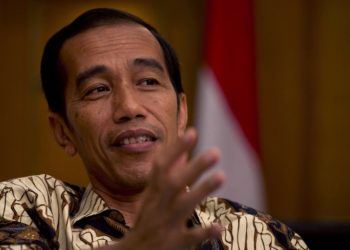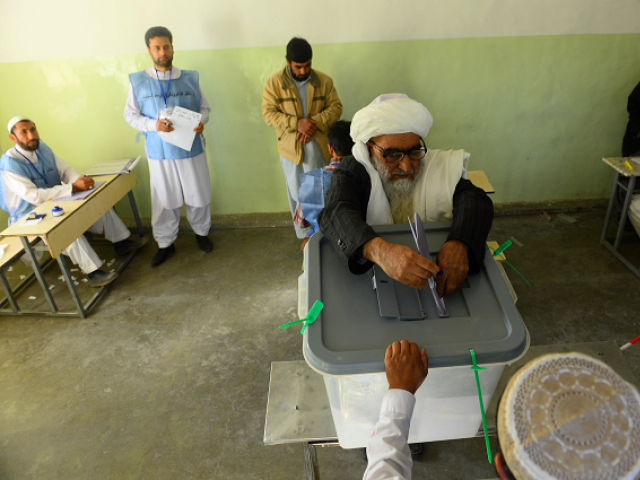Occurrences of internet censorship in authoritarian countries are met with predictable condemnations from the West. Iran, China, and Russia are the perennial offenders, but in the last years, others are following their lead. Several African nations, including Mali, Uganda, and Cameroon have blocked or restricted their citizens’ internet access.

Most recently, Nicolas Maduro’s regime in Venezuela has seized control of phone companies, censored online TV stations, conducted surveillance of social media, and blocked access to Tor and other virtual private networks.
The international community – here I am referring to Western governments, media outlets, and other organizations – have played their role by documenting this censorship and placing it within the context of a human rights violation.
Implied in this criticism is that these nations and their governments need to adopt open internet and free speech practices – presumably on a Western model. Moreover, if these nations do not comply with the wishes of the international community, they will suffer repercussions. As an example, the U.S. has levied numerous sanctions against Iran because of their internet censorship practices.
Internet, Free Speech, and Democracy
Urging smaller and poorer nations like Uganda and Venezuela to adopt a Westernized version of internet freedom and then applying pressure on them if they refuse is nothing more than a digitized recapitulation of the power dynamics from an analog world.
To be sure, I am not suggesting that the motivations of individuals in the West are disingenuous. Here I am thinking about the chiefly economic ventures swathed in the veneer of a moral crusade we currently see with America in the Middle East and with the British in many parts of Africa historically. On the contrary, my understanding of things is that the motivations are ideological in bent, linking free speech directly to democracy.
But it would be unwise for international organizations or specific countries to demand other nations to change their internet practices in a top-down approach. The rulers of these countries can easily cast the United States, France, or the United Kingdom in the role of a bully – a character these nations have played well in the past.
There needs to be another approach.
Addressing Censorship
If we are to address censorship, we must develop the capabilities of citizens within each country to build the type of internet freedom they want. This risks the possibility of a state rejecting the full-throated internet freedom Western countries enjoy, for example, fundamentalist countries filtering negative comments about Islam.
But it would be their choice, based upon the social and historical context in which they live. There is a precedent for this. Holocaust denial on social media is subject to prosecution in Germany, but not in the United States. The reasons for the prohibition in Germany are obvious, and only a small minority of people object to the ban.
New York University scholar Clay Shirky made an argument in 2011 that is relevant here. He argued that the international community should focus less on ensuring that citizens can use the internet to communicate with the outside world, and more on developing tools and practices so that individuals could connect within their own borders.
To put it another way, efforts should not be focused on connecting to Twitter and the BBC, but instead with local news reporters and community leaders. Shirky’s argument, from almost a decade ago, is still applicable.
Creating Censorship-Resistant Populations
Each occurrence of censorship from a regime is also an occurrence of their citizens not being armed with the technologies and competencies to resist that censorship locally. Therefore, the international community needs to build networking capabilities at the grassroots level.
So how can this be done?
The United States spent about 5.3 billion dollars in aid to Iraq and 5.1 billion to Afghanistan in 2016, according to a report from the Council on Foreign Relations. In these contexts, the U.S. would do well to redirect some of their funding towards creating a censorship-resistant population.
This includes teaching citizens digital literacy, investing in local social media companies and internet service providers, and investing in portable intranets and portable cell tower technologies.
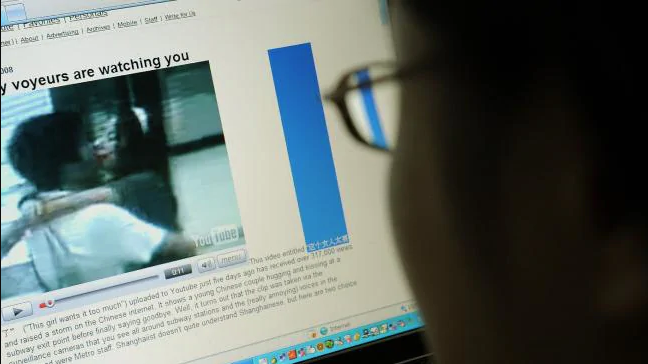
A question may be: wouldn’t authoritarian regimes prohibit these technologies from being imported into their country? Possibly. But economic development and computer technology go hand in hand, and there are times in a nation’s history where they are more agreeable to censorship resistant technologies and practices simply because they are so tightly linked to economic development.
A critical nation of internet-savvy users is more likely to create new online businesses and develop a networked civil society accustomed to discussing political issues in the (digital) public sphere.
Profitable social media companies add wealth to a country and make it more censorship resilient during political instability simply because there are more platforms to surveil and regulate. Several internet service providers within a country will increase internet connectivity, generate growth, and become that much harder to control by a central government.
Catalyst
The recent spate of regimes censoring the internet should be a catalyst for the international community and nonprofits interested in developing a free and open internet.
It may be too late for a country like China, that has an extensive surveillance and censorship infrastructure and is no longer depending on monetary aid. But many nations are still developing their economic and digital identities.
There is still an opportunity in these countries to cultivate a (digitally) prepared citizenry that can express their will, even when strongmen like Maduro attempt to censor communications.
Disclaimer: The views and opinions expressed here are those of the author and do not necessarily reflect the editorial position of The Globe Post.



